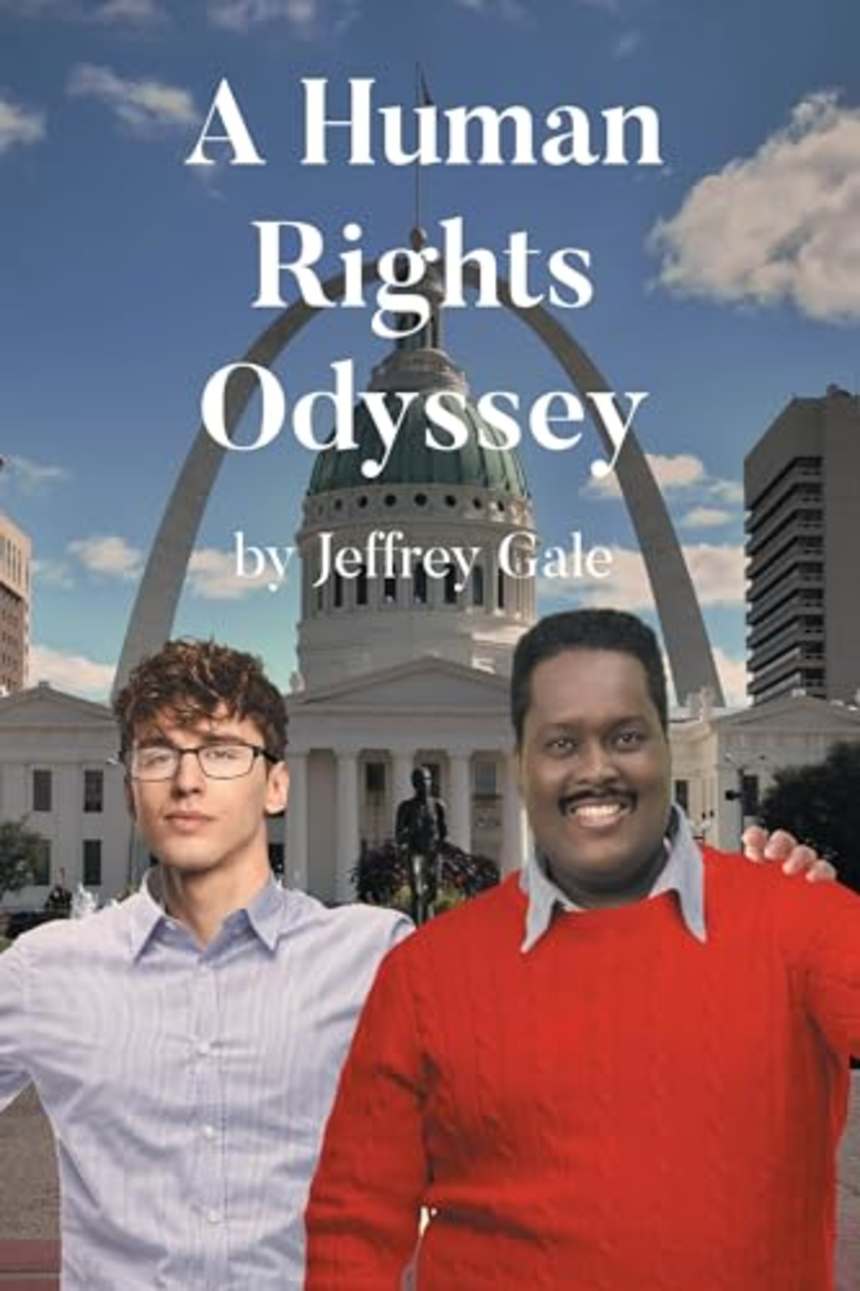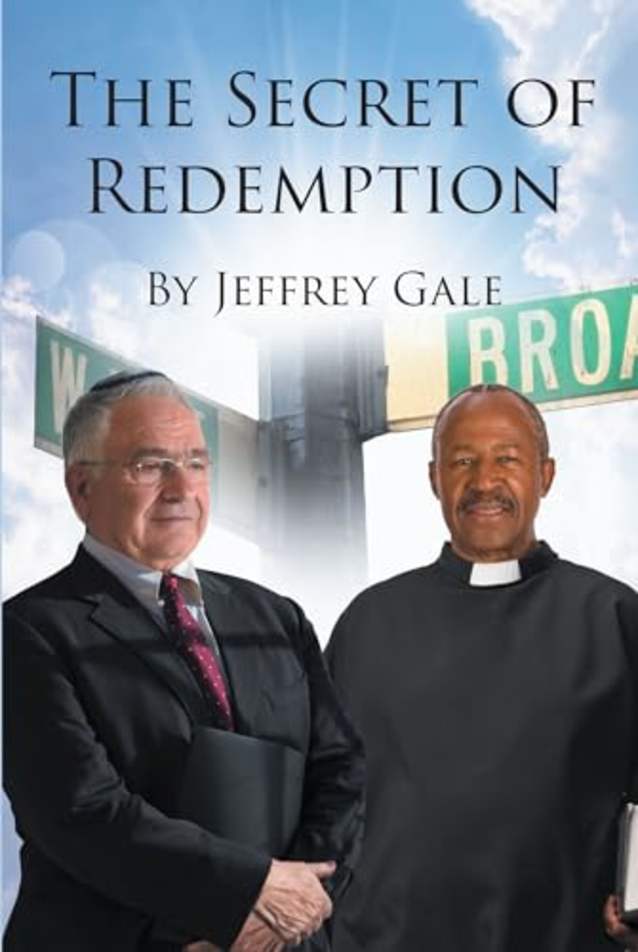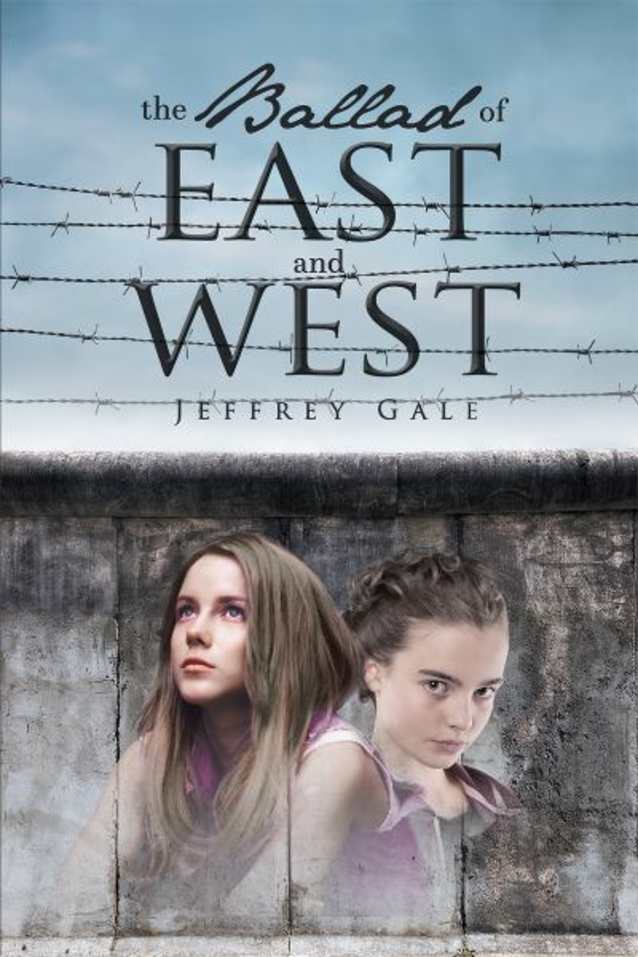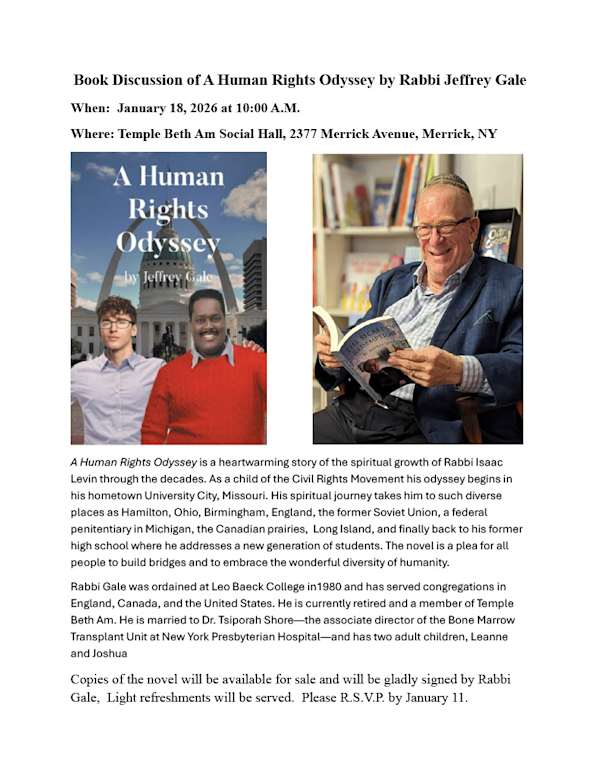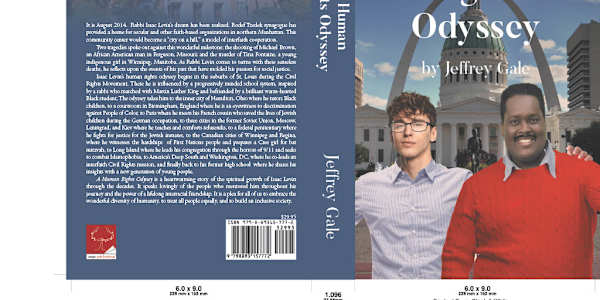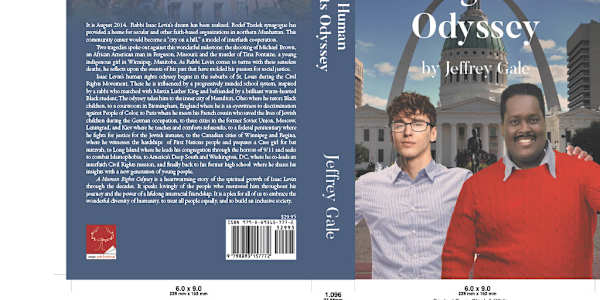It is August 2014. Rabbi Isaac Levin’s dream has been realized. Rodef Tzedek synagogue has provided a home for secular and other faith-based...
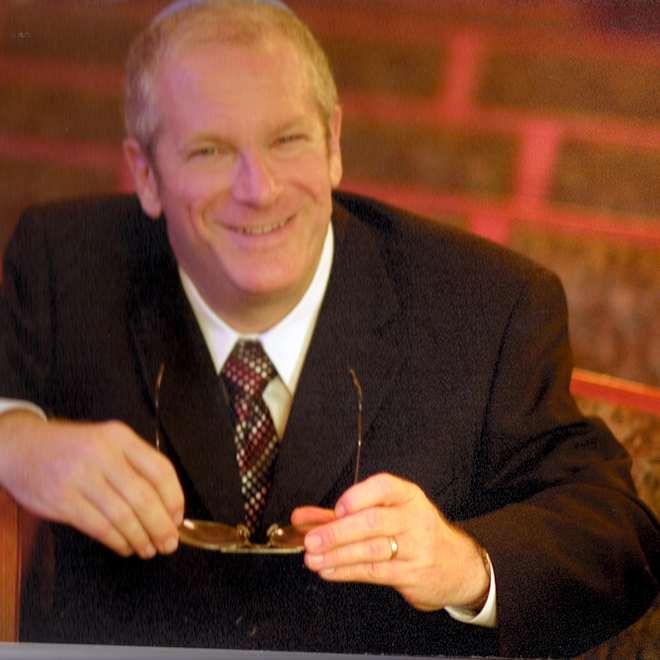
Jeffrey Gale
Books
Historical Fiction
ViewPraise
The Secret of Redemption
A VERY IMPORTANT BOOK FOR OUR CURRENT MOMENT
Critics have called Jeffrey Gale's THE SECRET OF REDEMPTION an engaging and interesting book that inspires readers to confront uncomfortable truths about the consequences of prejudice, the burdens of history and the multifaceted influences of religious, racial and ethnic identity.
This intellectually rich book `of historical fiction deserves a wider readership because the book speaks to our current moment in both American and world history.
In the United States, we are facing a growing backlash against the importance of diversity and learning about people different from ourselves.
Since October 7, 2023 the world is facing the uncertain endgame about the tragic war
in Gaza and what appears to be an intractable conflict between Israel and the Palestinians.
For Rabbi Levin and his daughter, the two main characters in the book, nothing is intractable. Rabbi Levin leads a reform synagogue in Northern Manhattan with a history of having many Holocaust survivors and is actively engaged with many other faiths to address community problems,
Bracha is studying history and Arabic at Hebrew University in Jerusalem and, like her father, seeks alliances and partnerships to address community problems.
There are many other fascinating individuals in the book, including Rabbi Levin's son, Greg. who is studying in Germany and visiting concentration camps, religious leaders of other faiths who are working with Levin on interfaith celebrations and solutions to community problems in Northern Manhattans, and the directors of schools and nonprofits in Israel who are modeling initiatives to bring Israelis, Palestinians and Israeli Arabs together to discuss their differences and share commonalities. Perhaps a sequel might center some of these individuals.
Against this backdrop, the thesis of the book is included in the title: "Forgetfulness leads to exile while remembrance is the secret of redemption".
Through the eyes and experiences of Rabbi Levin in Manhattan and Bracha in Jerusalem, readers are forces to confront the painful racial histories of the United States and the dueling narratives of Israelis and Palestinians.
Father and daughter love Israel and the Unites States, but do not accept the national mythologies as objective truth. However, readers will quickly learn that myths remain inspirational for making changes to improve the lives of people who are treated as second class citizens in the United States and Israel.
The experiences of Bracha and Rabbi Levin largely take place in 2013-4, beginning with a service on the anniversary of Kristallnacht in the first chapter.
Newspapers are covering controversies over immigration and racial tension in the United States, the continuing tensions over the growth of Israeli settlements and policing in the West Bank, and the prejudice against Arab Israelis.
This sets the stage for, in my view, the parts of the book that speak to American citizens as transition to 2025.
Rabbi Levin was a leader and participant in a small conference with other religious leaders, academics and community activists held at Cold Spring Harbor Laboratory,
The agenda included many talks on the historical roots of our racial history, including slavery, Jim Crow and the displacement of indigenous Americans.
While this laboratory today employs leading scientists for cutting edge research that includes cell biology, cancer and neuroscience, many educated people know that this laboratory was a leader in the study of Eugenics in the early twentieth century. This fake science was supported by many famous Americans, including Theodore Roosevelt and leading foundations.
While Eugenics can serve good purposes, the research in this era justification sterilization laws in 28 states and, perhaps even more important, immigration restriction laws that discriminated against immigrants from Southern and Eastern Europe whose citizens were considered an inferior "race," Yes, the Congress of the United States codifies into law a belief that immigrants from Northern and Western Europe were genetically superior to immigrants from South and Eastern Europe.
Unknow to many Americans is that Hitler and some of his staff were inspired by this Eugenics research the immigration restriction and Jim Crow laws.
To the credit of Gale, he delves into the history of race, including debates about how religious texts and multiple faiths claim a religious rational for prejudice against people of different races. faiths and ethnicities.
This history inspires Rabbi Levin to get involved in interfaith activities and to rent space to churches and schools from other faith backgrounds that was sometimes complicated by opposition from his congregation.
In another part of the world, Bracha is learning more about the different historical narratives about the Palestinian Israeli conflict that she never knew. She is in classes with Palestinians and professors who do not share the founding myth of Israel.
Bracha joins a Palestinian student to do a study of Arabs in Israeli textbooks that are, to no one;s surprise, largely negative. Of course, Israel does not even exist in some Palestinian textbooks. There have been similar studies of the negative portrayal of African Americans in American history textbooks.
Bracha's relatives in Israel present a defense of Israel that excuses any suffering by Palestinians as necessary, This creates a kind of cognitive dissonance that is in conflict with what she is learning in some of her classes and seeing with her own eyes. This includes the second class treatment of Israeli Arabs inside Israel and the more familiar news stories of policing in the West Bank.
The novel ends with the protagonists continuing to live a life of commitment to Tikkun Olam, the Hebrew phase for repairing the world.
The Secret of Redemption by Jeffrey Gale
Just like Jeffrey Gale’s first book, The Ballad of East and West, Gale writes rich drawn out characters that I feel as if I know them and those I would want to meet, have a cup of coffee, share ideals while seated in a café.
The central character is Rabbi Isaac Levin of Congregation Rodef Tzedek. Jeffrey Gale has created a rabbi whose convictions and beliefs are based on the tradition of the old world mingled with today’s understanding of inclusion and acts of Tikun Olam, repairing the world. Although Rabbi Levin has years of experience, he is no meek little old rabbi ready to be put out to pasture. Gale opens with a quote by Elie Wiesler “Without memory, there is no culture. Without memory, there would be no civilization, no society, no future.” The Secret of Redemption exemplifies that quote.
Gale weaves fact with fiction with ease as the story moves from past to present and is easy to follow. While the story has additional narratives including, Kristallnacht, B’nai Mitzvah, his family, etcetera, they manage to come together like pieces in a jigsaw puzzle that the reader puts together.
The scenes, particularly those involving the temple places me in the middle of the service. But the other scenes of Rabbi Levin working with the children touched my heart.
I appreciate that Jeffrey Gale takes time to describe the sanctuary, his flat, the rooms at the church, and other locations. I actually felt the smallness of the mini-suite for Amelia and her family. I am a visual reader. I have to know the people and the places. Jeffrey Gale provides that.
Although the story centers on religion, it does not dwell just on Judaism. Gale incorporates other cultures and how they relate and how they should relate without preaching.
My advice, brew a cup of tea and read The Secret of Redemption by Jeffrey Gale. You might not be able to read it in a single sitting, I couldn’t because I kept placing book marks in the pages I wanted to go back and re-read again. In some cases, was to disagree with the characters actions, re-learn some of the historical facts and to enjoy some of the quotes particularly the comparison between being deported and Adam and Eve.
The Secret of Redemption
Rabbi Isaac Levin has spent a lifetime demonstrating his commitment to human rights. The name of his faith community is Rodef Tzedek, or Pursuer of Justice. He is the embodiment of this name as he works tirelessly and with heart and conviction to bring about justice, fairness, and equality to all. He exhibits courage and fearlessness in his quest to meet this goal. With meticulous detail, Gale strives to ensure that the reader understands the recurring leit-motifs of politics, law, and history interwoven with his personal story. Gale describes real life historical and political events with the precision and accuracy of a surgeon, interweaving them with the lived experience of his characters. He takes the reader on a journey over time lines and continents as he reflects on early events in his career path and introduces the reader to his adult children.. He deftly imparts the beauty of Jewish prayer and ritual in a way that is meaningful. In his first novel, The Ballad of East and West, he conveyed the commitment and compassion with which he practices his faith. In The Secret of Redemption, we meet the mature Rabbi Levin, a man who reflects on his lifetime of experience in being a pursuer of justice. At the same time, he relates the story of his daughter Bracha as she embarks on her own unique path. Bracha's full name is Bracha Shulamith, translated as “blessing of peace.” The book describes how father and daughter, in their own ways, look beyond boundaries, borders, and fences while building bridges between people of varied faiths and backgrounds. At times, the text reads like a tome, laden with the heaviness of history, of a world laden with chaos, darkness and pain. However, in the end, the reader is left with the sense that as long as there are people like Rabbi Levin and Bracha, people of courage and commitment to greater ideals, there is hope for healing, light, and peace to emerge and to triumph.
